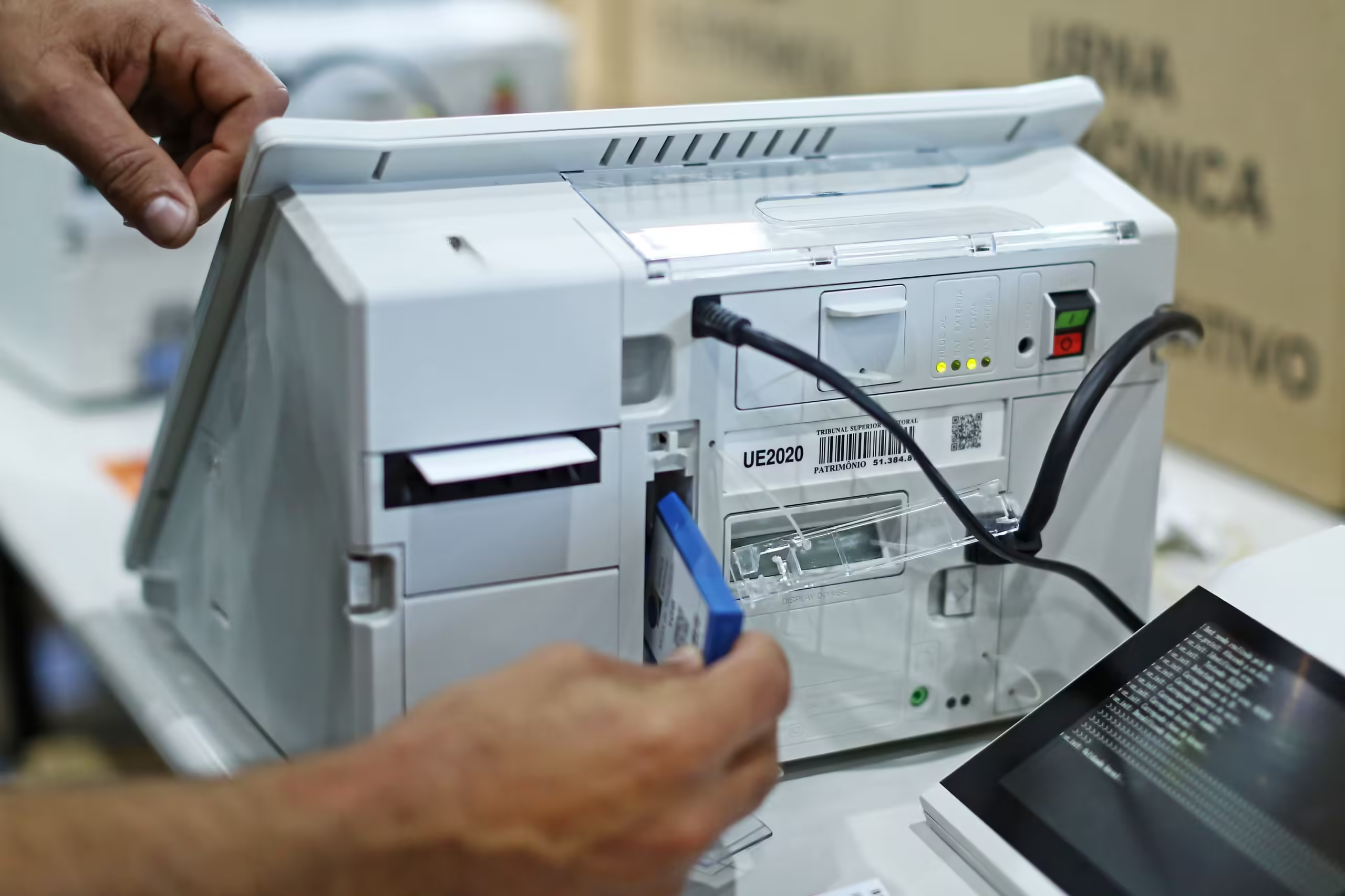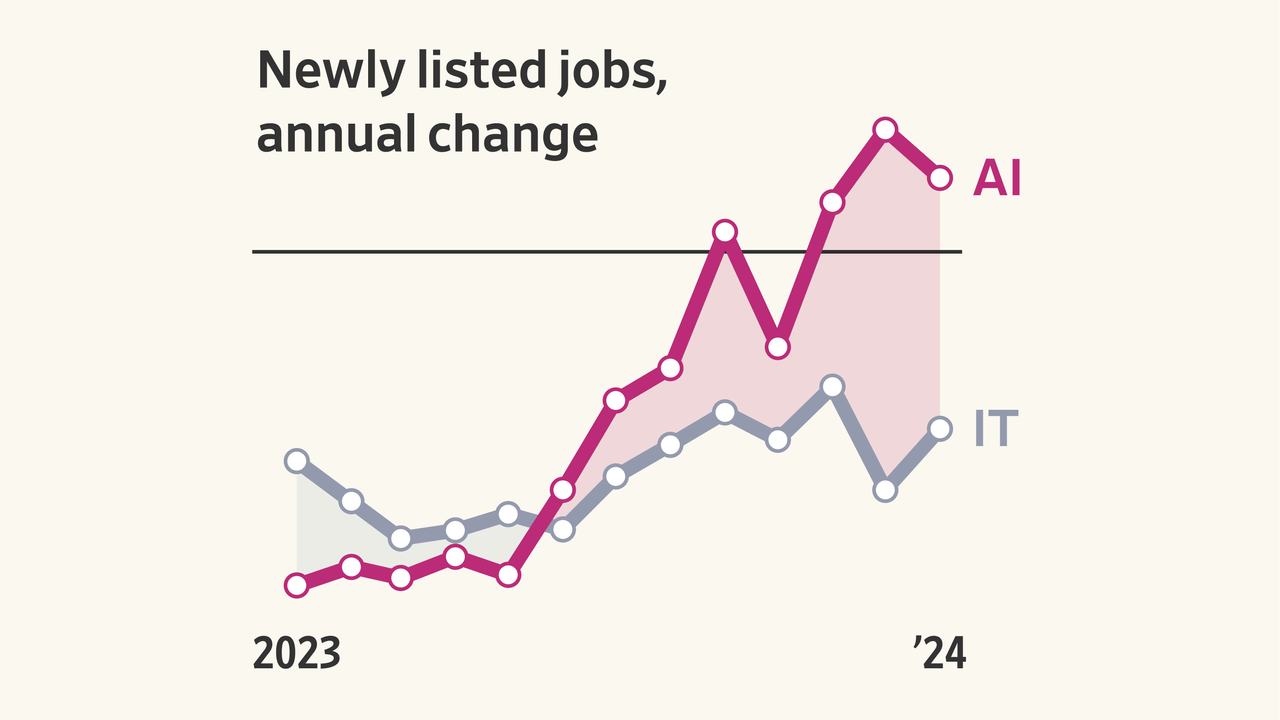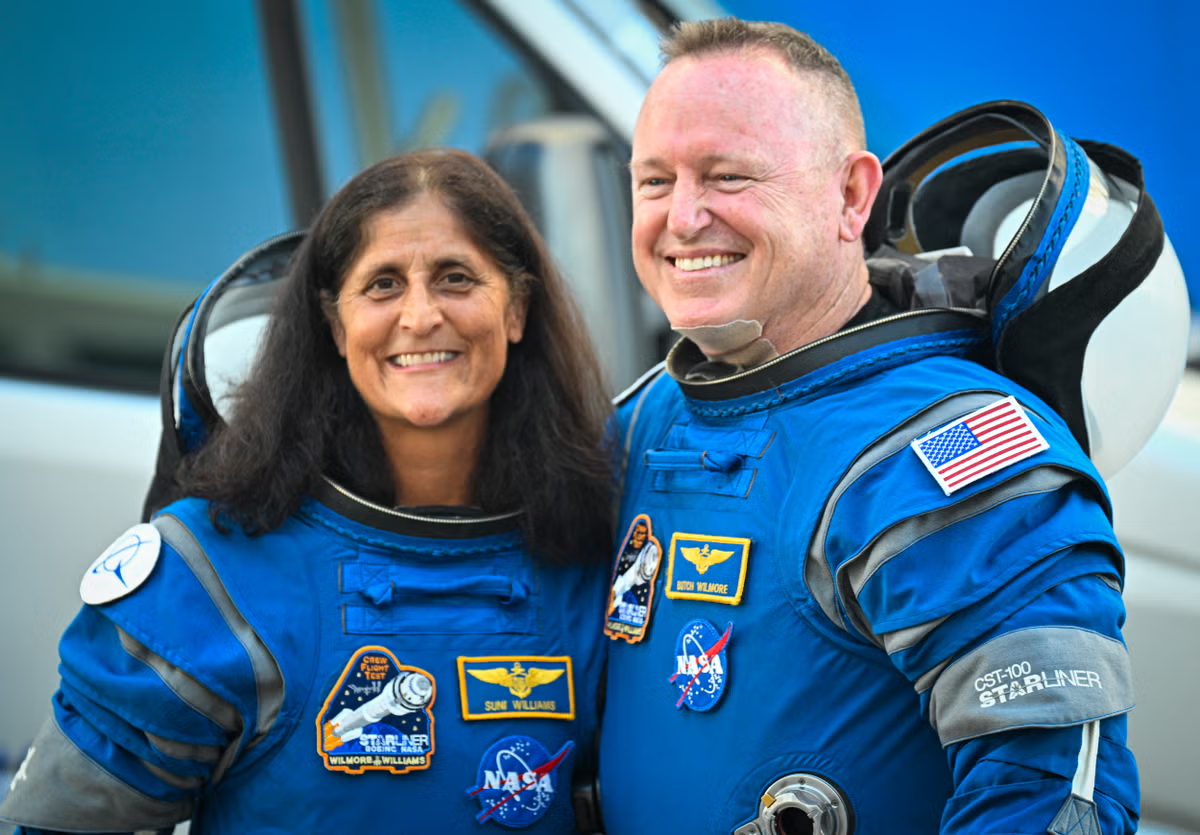On Friday, hackers from around the globe gathered in Las Vegas to test their skills against a new online voting platform, Secure Internet Voting (SIV), in an effort to uncover potential vulnerabilities in this emerging election technology.
SIV, developed by a U.S. firm of the same name, allows voting via smartphones and computers and is currently being piloted in various small-scale programs across the United States. Despite its innovative approach, SIV faces challenges in gaining wider adoption, as many states prefer paper ballots for their auditability and perceived security.
David Ernst, founder of SIV, expressed confidence in the platform’s security. “There are a lot of people that have determined that it’s only possible to create insecure internet voting,” he told Reuters. “We believe that there are modern tools and technologies that allow you to make it hyper secure, with a higher level of security than you can currently achieve with paper.”
SIV has been tested in a primary race, notably aiding in the selection of Republican Celeste Maloy, who won a congressional seat in Utah’s 2nd district last November.
Concerns about voting security are heightened as Americans approach the upcoming presidential and congressional elections, with fears of foreign cyberattacks and online influence campaigns. Senior national security officials have noted ongoing threats from nations like Russia and Iran.
In response to these concerns, the SIV team has offered a $10,000 reward to hackers who can identify flaws in their system. The testing event is part of the DEF CON Hacking Conference, a major gathering of cybersecurity experts, and is organized by DEF CON’s Voting Village group.
Harri Hursti, founder of Voting Village, acknowledged the potential of online voting technology but cautioned that widespread implementation might take decades. “There are a couple of mathematical approaches which might, in the future, make internet voting possible,” he said. “The inventor of one of those technologies said he might solve it, but not in our lifetimes.”



